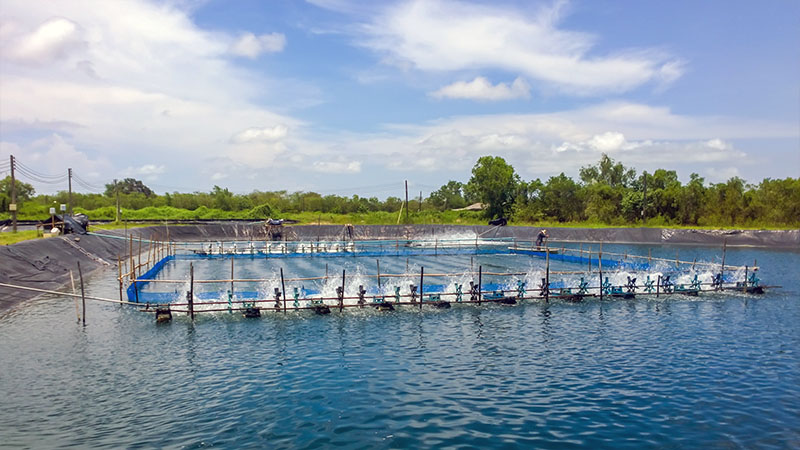Exclusive content

In the face of inflation and a global economic downturn, the Vietnamese shrimp industry has been grappling with challenges such as falling prices and stiff competition from cheaper markets. Mr. Ho Quoc Luc, Chairman of the Board of Directors of Sao Ta Foods, highlighted the low success rate of shrimp farming in Vietnam, leading to higher prices compared to competitors like Ecuador.
Addressing Key Issues
To tackle these challenges, Mr. Luc emphasized the need for improved breeding quality, clean water sources, and efficient processing methods. He stressed the importance of state agencies in regulating these aspects and urged farmers to prioritize safe and sustainable practices within their means.
Despite industry-wide difficulties, shrimp enterprises in Soc Trang province have demonstrated resilience and competitiveness. The local government has been proactive in supporting farmers through analysis and timely assistance programs, contributing to the steady performance of companies like Sao Ta Foods.
Strategic Planning for 2024
Looking ahead, Sao Ta Foods is adopting a cautious approach for the upcoming farming season. By identifying challenges and implementing flexible solutions, they aim to maintain productivity and adapt to market fluctuations. Early stocking and proactive raw material sourcing reflect their commitment to strategic planning.
Vietnam Clean Seafood (Cleanfood) has set a precedent for successful shrimp farming in Soc Trang. With a focus on disease control and biosecurity, they have achieved high success rates even during adverse conditions. General Director Mr. Vo Van Phuc highlights plans to expand high-tech farming processes and diversify products.
Embracing Innovation for Success
Cleanfood’s success underscores the importance of innovation and adaptability in the shrimp industry. By investing in advanced technology and prioritizing disease prevention, they aim to sustain growth and expand market reach. However, Mr. Phuc acknowledges the need for industry-wide collaboration to overcome challenges collectively.
To ensure long-term sustainability and market competitiveness, stakeholders must prioritize traceability and food safety. Mr. Phuc emphasizes the role of local authorities in enforcing regulations and fostering collaboration among seed and feed suppliers, farmers, and processing facilities. By working together, the Vietnamese shrimp industry can establish a reputation for quality and environmental responsibility, securing its position in the global market.